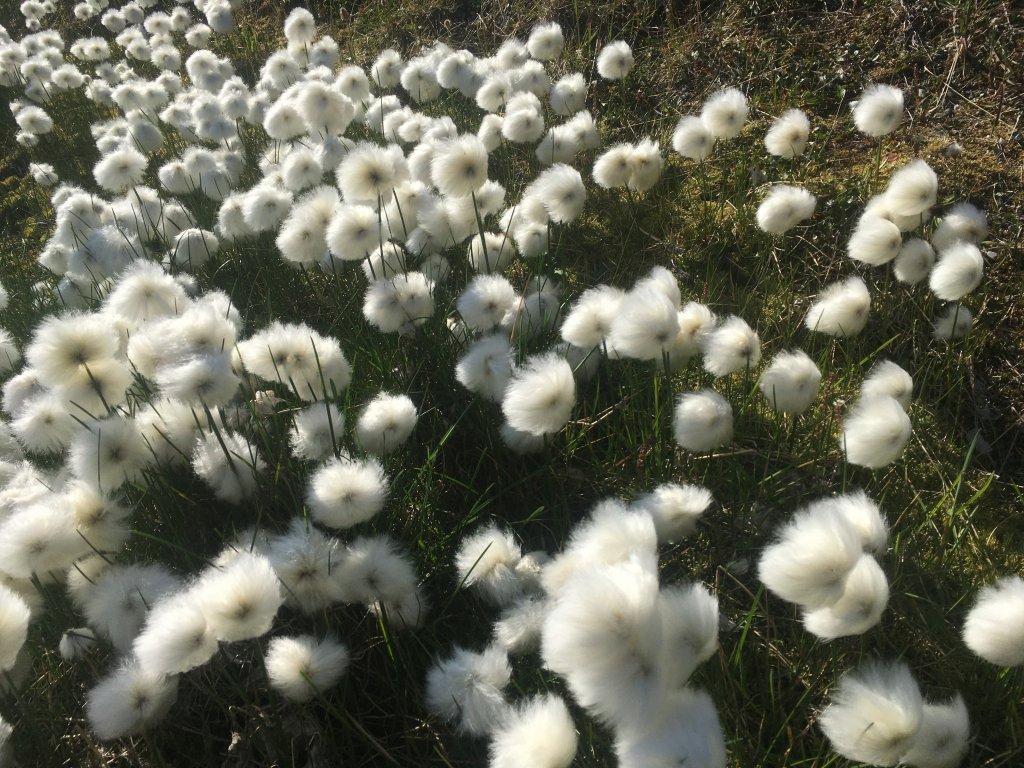Calling all scientists working on biodiversity in Svalbard!
Funded by SIOS and hosted by the Institute of Polar Sciences, National Research Council (CNR), Messina (Italy), the 1st International Workshop on Biodiversity in Svalbard Archipelago aims at being a multidisciplinary arena where to discuss the state of the art and the gaps in the knowledge on Arctic biodiversity, and the way for future development in the studies of this vulnerable polar environment.
Both marine and terrestrial ecosystems of the Svalbard Archipelago are populated by a variety of organisms (from microbes to invertebrates and birds, fish, mammals, from fungi, bryophytes to higher plants) adapted to live in extreme cold environments, that are being threatened by climate change and anthropogenic activities. There is an immediate need to both implement actions to preserve biodiversity in the Arctic in the face of environmental stressors and ensure conservation measures by predicting Arctic ecosystem response to natural and human-driven changes.
Discussion will focus on the relationships between biodiversity, ecosystem processes, and functioning, and the scientific approaches and measures needed to preserve and restore natural Svalbard biodiversity.
The talks will discuss descriptive, experimental and observational research to harmonize and integrate databases on coastal-marine biodiversity, monitor marine biodiversity at various levels of the ecological hierarchy, experimentally assess the vulnerability of the Svalbard habitats to global and local environmental change drivers, and build future scenarios of species distribution, ecosystem structure, composition, and functioning to define conservation scenarios to achieve the EU objectives.
Date: 28-30 October 2024
Place: Messina, Sicily, Italy (Register here)
Intended outcome:
This event will offer the opportunity to bring together the whole research community working in Svalbard on this topic, in order to share experiences and fix a backbone of knowledge, including those on ongoing activities and datasets at disposal. It will also offer the opportunity to discuss and identify individuate efficient coordination of activities for the best monitoring of the status and trends in the Arctic based on indicators defined by the Circumpolar Biodiversity Monitoring Program (CBMP).
As the main goal of this event, a writing exercise on current state of the art, knowledge gaps, tools and recommendations for future monitoring plans will be made. The resulting draft (in the form of a White paper/Opinion paper) will be published in an Open-access scientific Journal. It will represent a baseline for the preparation of recommendations for conservations of the biological diversity in Svalbard archipelago.
- Agenda
-
The Topics discussed during the Workshop will be:
- Current status of aquatic and terrestrial biodiversity (study cases, species distributions, functional diversity of flora and fauna, response to natural and anthropogenic stressors)
- Tools and actions for biodiversity monitoring: availability and implementation of dedicated infrastructures (i.e. Distributed Biological Observatories, DBO); essential variables for biodiversity; focal ecosystem components)
- Future perspectives: indications on the way forward, prioritization of variables for biodiversity assessment and management plans
The following questions will be addressed:
- Can the scientific community fully describe ongoing changes in Svalbard biodiversity in response to global changes (natural/anthropogenic)?
- What steps is the scientific research asked to carry out to disentangle gaps to research priorities for the coming years?
- What are the main synergies that should be established for efficient biodiversity assessment (aquatic and terrestrial)?
- Programme
-
A detailed programme is being planned, and more information will be available here shortly.
- Costs
-
Three nights hotel (27, 28 and 29 October), lunches and 2 dinners will be covered by SIOS. Due to the limited budget, the costs will be covered for 25 people, therefore we encourage who is interested to register as soon as possible and before July 29th, 2024.
- Organising Committee
-
Nicoletta Ademollo, Gabriella Caruso, Francesco Filiciotto, Angelina Lo Giudice, Maria Papale, Francesco Smedile, Vito Vitale (CNR-ISP);
Adriana Profeta (CNR-IRBIM);
Angela Augusti, Luigi Paolo D'Acqui, Olga Gavrichkova, Stefano Ventura (CNR-IRET)
Nicoletta Cannone (Univ. Insubria)

Photo credit: Christiane Hübner



























